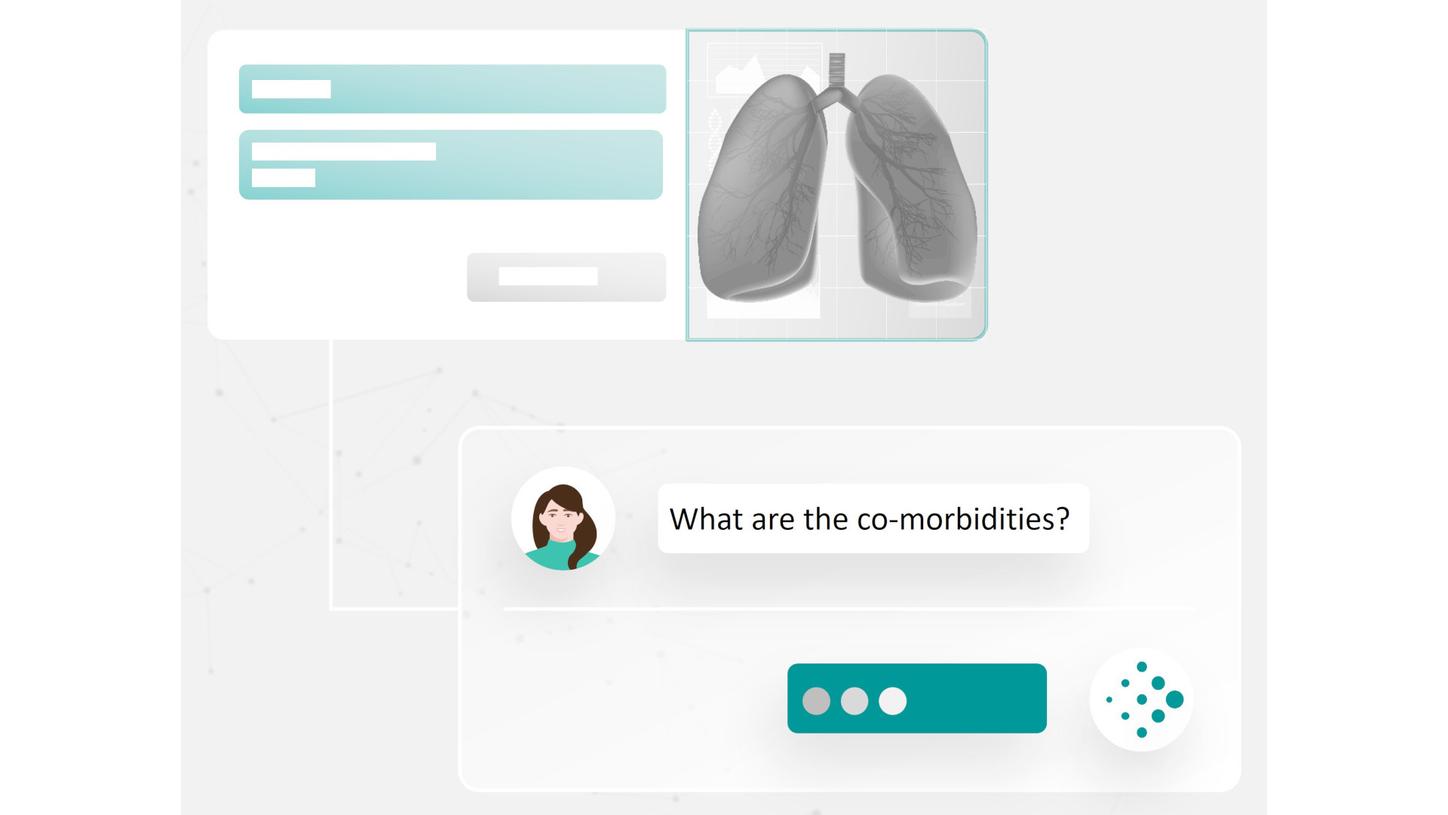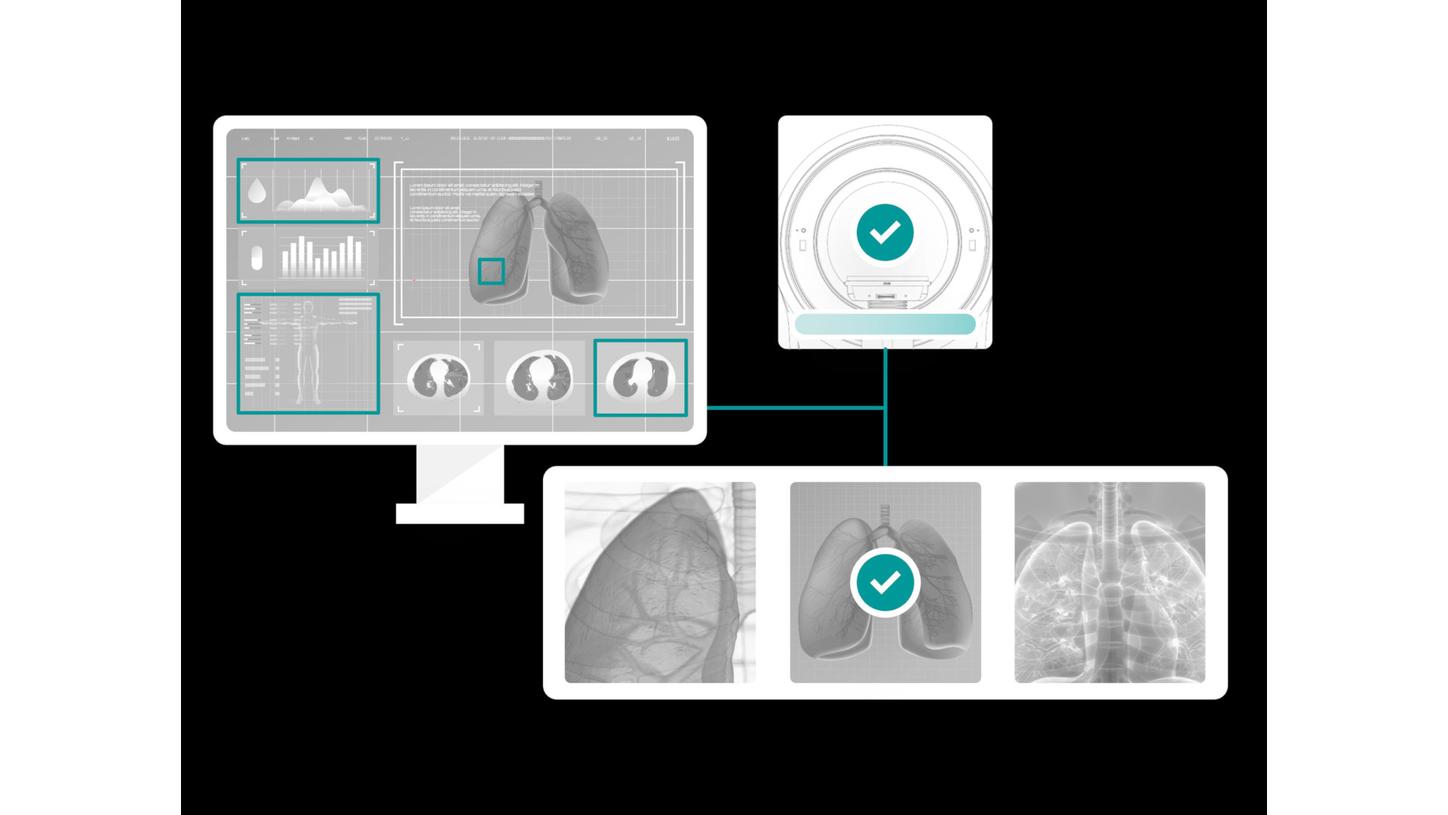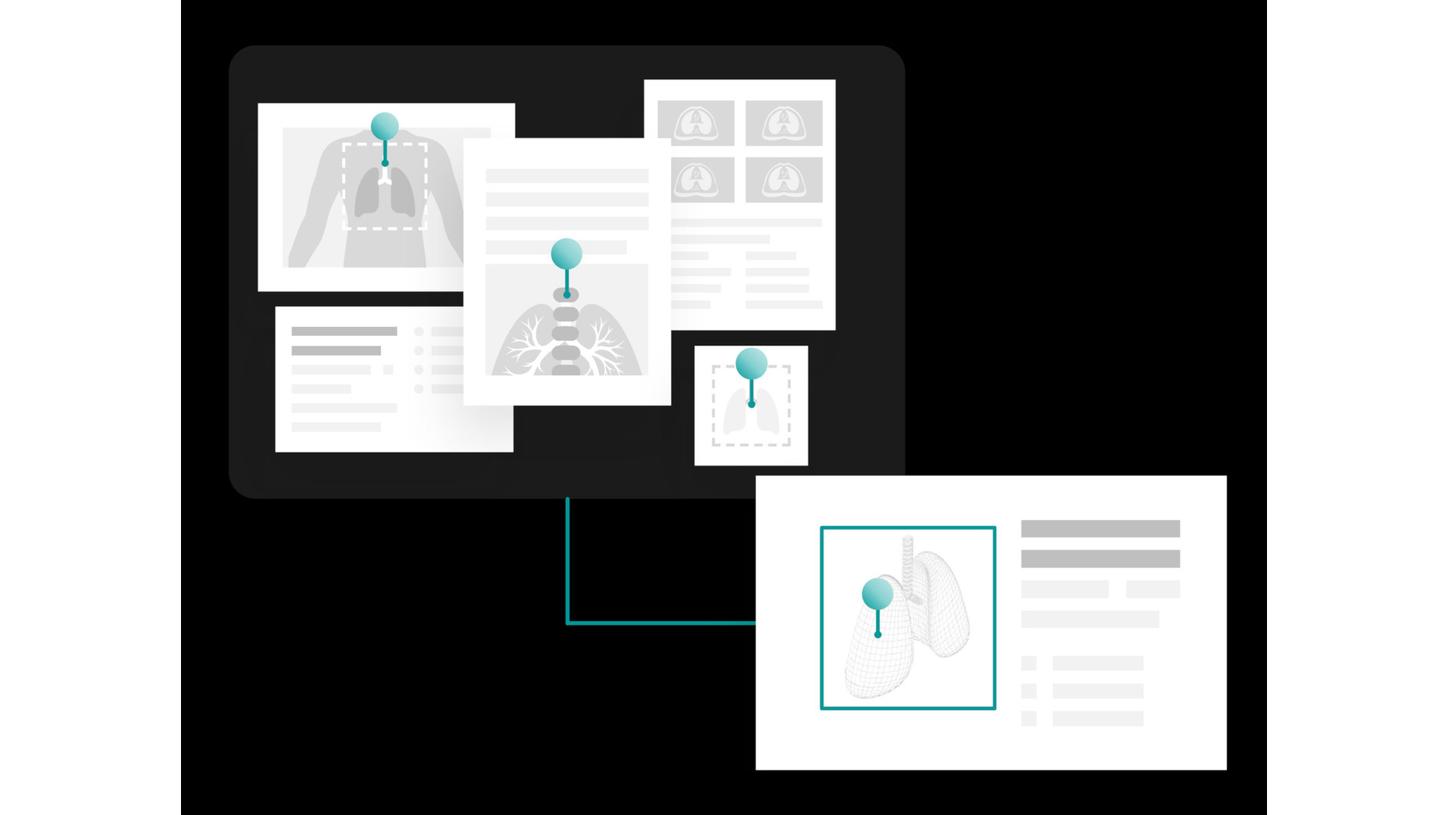
Envisioning the future of radiology
In many countries, the number of radiology examinations is skyrocketing, while the number of radiologists and imaging specialists is not keeping up with the trend. The result is a dramatically increased workload for radiologists.1 On average, they spend 11 hours each week on tackling paperwork.2 A huge 61% of physicians cite bureaucratic tasks as the main cause of burnout.2 Finding the right way to navigate the future successfully can seem daunting.
Artificial intelligence (AI) marks a well-established route offering holistic solutions to the growing imbalance of workload versus workforce. AI has started to transform healthcare, from bridging the gap between the number of radiologists and the demands of ever-increasing, highly complex data, to simplifying data interpretation through sophisticated algorithms that enhance the diagnostic process. When combined with the human expertise of radiologists and clinicians, this valuable tool offers vast potential to the healthcare industry.
A proven track record in smart radiology

Smart data acquisition and integration with the Syngo Carbon3 imaging and reporting solution and teamplay digital health platform has saved more than 150 administrative hours according to a study in Australia.4 It may also support reducing reporting time by up to 50% by automatically transferring findings to reports.5 The AI-Rad Companion, our family of AI-powered, augmented workflow solutions, not only reduces reporting time by more than 20% per case through automated image interpretation6, it also delivers more than 43% greater efficiency in radiotherapy planning.7
All of this industry-leading innovation in radiology is transforming productivity and patient care in terms of:
- Automated actionable reporting
- Smartly integrated holistic patient data
- Continuously engaged and transparent patient management
The next level of AI-enhanced radiology will be marked by enriching the smart imaging value chain with groundbreaking solutions based on the latest leap forward in the field of AI: generative AI, or GenAI.
What exactly is GenAI?
This advanced form of machine learning known as GenAI generates valuable new data based on prompts and access to vast amounts of pre-existing data. Like previous AI solutions, GenAI should be understood as an almost universal enabling technology rather than one specific medical device or technology. It can empower healthcare professionals to redesign and optimize medical care at all stages, from screening and early detection to follow-up and survivorship.
As demand for imaging exams continues to grow, GenAI holds the promise of taking productivity in radiology and personalized patient care to the next level by complementing established innovations around AI and automation.
Transforming volume-based services into value-based care
Healthcare is one of the most innovative fields in our society and radiology holds huge potential for GenAI-powered solutions. But every innovation is only as effective as its adoption into the daily routine. For healthcare, this means all new solutions need to be seamlessly integrated in the clinical workflow.
At Siemens Healthineers, we envision and are developing GenAI-based solutions that can be fully integrated into the entire imaging value chain, from patient history and smart scanning to reading, reporting and communication.
This rapidly developing technological innovation can empower you to turn volume-based services into value-based care fit for the future. It can help ease the repetitive tasks and challenges faced by radiologists and technicians, easing the impact of workforce shortage and optimizing cross-system interoperability. By harnessing the revolutionary power of GenAI, you could deliver more precise patient diagnoses and treatment decisions than ever before.
Envisioning a future where tedious tasks throughout the imaging workflow are largely automated
We foresee Generative AI improving the clinical journey of patients in radiology in four key areas:
Generative AI makes diagnosis easier in radiology
Learn more about GenAI and hear from Johannes Haubold, MD, senior physician for clinical AI integration at University Hospital Essen, Germany, on how this technology is already impacting clinical workflows.





